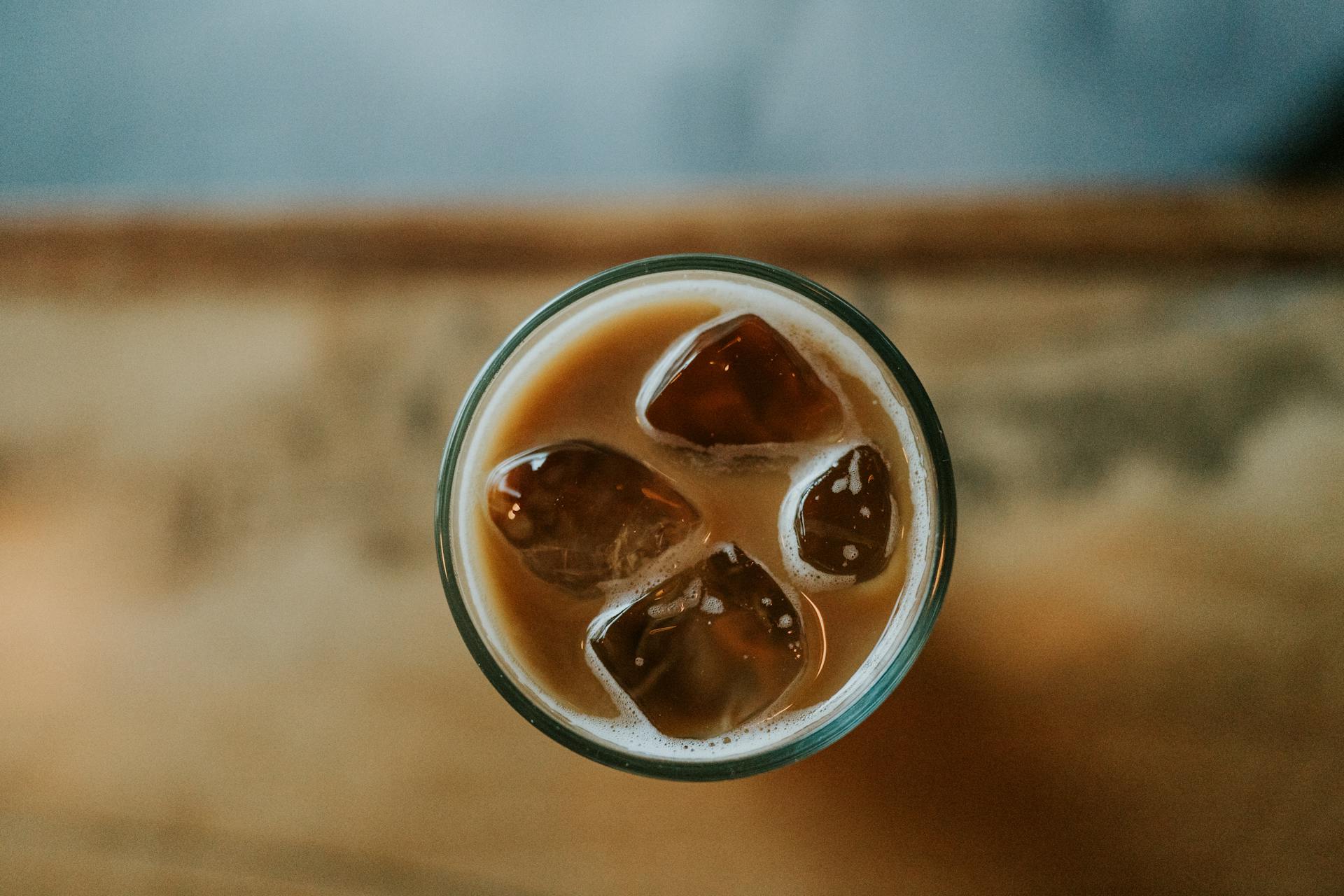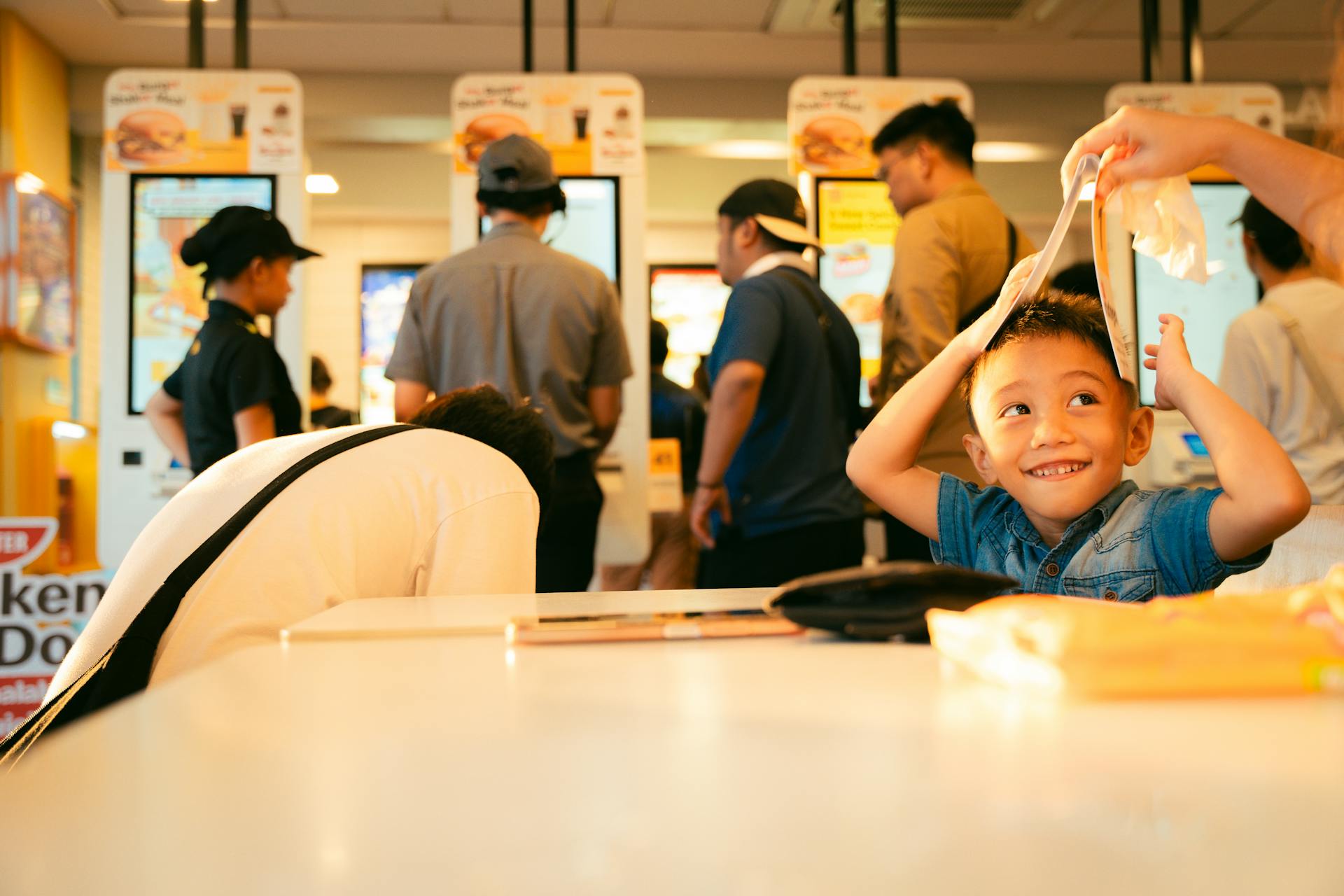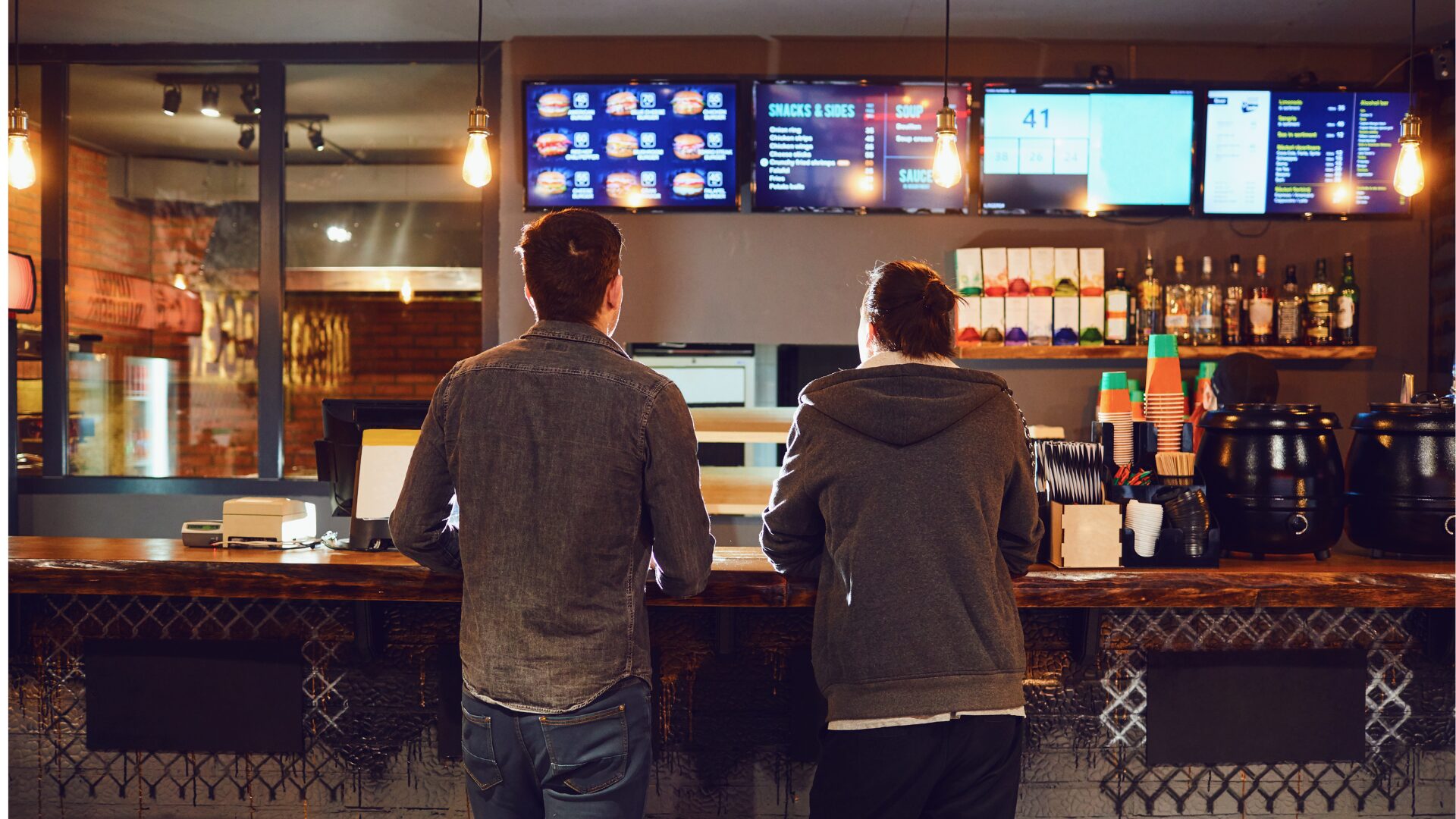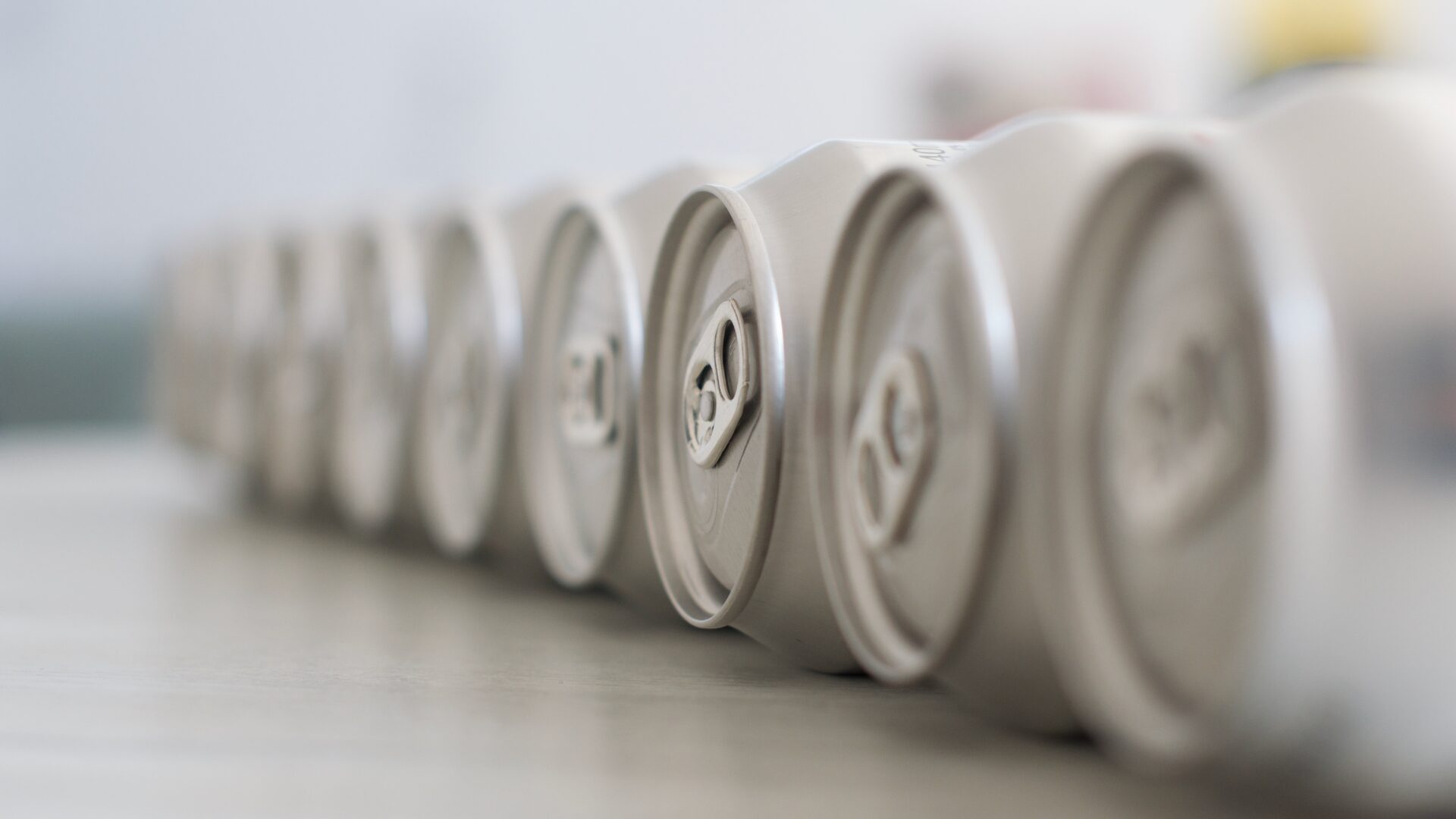State and local officials around the world are reinstating lockdown orders as coronavirus cases rise.
Newark, NJ, is reversing course on reopening as cases increase across the city, reported CBS News (Oct. 27). Many of the new rules, which go into effect Oct. 27, surround the city’s non-essential businesses.
All non-essential stores, except for supermarkets, pharmacies, and gas stations, must close by 8 p.m. Restaurants and bars will close indoor service by 8 p.m. and outdoor service by 11 p.m.
Newark has had more positive COVID cases than every other city in Essex County, according to city officials. Gov. Phil Murphy recently extended the state’s public health emergency, which was first declared on March 9. “Today’s [Oct. 23] new COVID-19 case count marks our highest daily figure since May,” Murphy said.
In Illinois, bars and restaurants in the state’s Region 4 must close at 11 p.m. beginning on Oct. 28, reported St. Louis Post-Dispatch (Oct. 26). They are also unable to offer indoor service.
Outdoor tables must be spaced 6 ft. apart. Meetings and social events are limited to 25 guests or 25% of the room’s capacity, whichever is lower.
Restrictions will be rolled back if the region’s positivity rate averages 6.5% or less for three consecutive days. But if the rate is 8% or higher after two weeks, the state could enact more restrictions.
Such restrictions are putting restaurants into a difficult situation. With restricted indoor dining, restaurants are left to rely on outdoor dining measures, of which safety has now come into question.
Virus transmission in poorly ventilated enclosed structures, such as tents or igloos, set up by restaurants to extend outdoor dining in colder weather could be an issue, reported The Wall Street Journal (Oct. 26).
Experts suggested restaurants should opt for outdoor setups that allow air to pass through rather than fully enclosed ones. They indicated that the lowest-risk outdoor dining setups simply have heating elements with tables spaced far apart from each other.
Meanwhile, Italy’s leader imposed at least a month of new restrictions across the country to fight rising coronavirus infections, shutting down gyms, pools, and movie theaters, putting an early curfew on cafes and restaurants and mandating that people keep wearing masks outdoors, reported CBS News (Oct. 25).
Restaurant and bar owners lobbied hard against the new measures, which orders them to close at 6 p.m., as most restaurants in Italy usually don’t even start to serve dinner before 8 p.m.
The new decree went into effect on Oct. 26 and will last until Nov. 24. The day prior, Italy surpassed a half million confirmed coronavirus cases since February.
In Spain, with not much left in its coronavirus arsenal, the country has put its 47 million citizens under a nationwide curfew, reported MarketWatch (Oct. 27). Spain’s central government tamed its spring COVID-19 wave with one of the strictest lockdowns in the world, only to undo much of that good work by summer when 17 regional governments were allowed to take over.
A declared state of alarm by Prime Minister Pedro Sánchez went into effect Oct. 25, enacting an 11 p.m. to 6 a.m. curfew. Regions will have the option of bringing that forward or backward by one hour. Sánchez said he intends to keep those new rules in place for six months.
On a more positive note, consumers in China are returning to cinemas, live performances, and restaurants amid declining COVID restrictions—helping propel the next stage of the economic recovery, reported Reuters (Oct. 26). The hospitality sector is poised to accelerate its recovery as its contraction in output already narrowed in the third quarter versus the previous three months.












